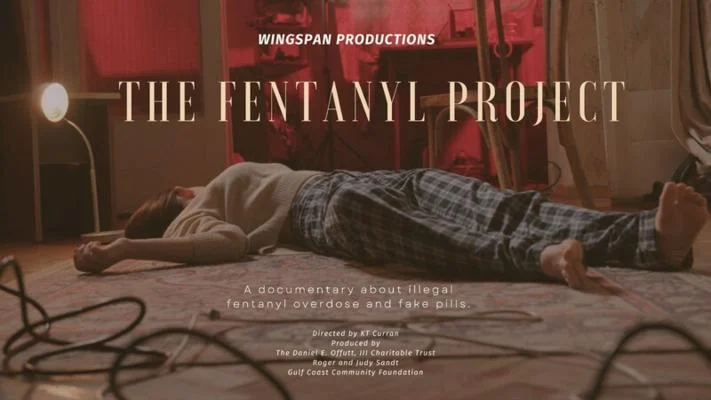Living life as a means to an end
Everyone has a plan for their life, in some form. What happens when that mentality goes too far?
April 29, 2021
I have a note on my phone that lays out my plan for my life in the form of a bullet-point list. Each bullet point builds off the last, until the list finally culminates with “be happy.” The issue with that, as I have come to see it, is as follows: according to that list, I can only be happy once I’ve done about twenty other things to get me there.
The steps to happiness on my list are probably just about what you’d expect. The list begins with graduating high school, then going to an acclaimed college, then graduate school, then getting a job, getting married, starting a family, and so on. I guess on some level, that’s what most people’s life plan looks like.
Everyone wants to be successful, and although definitions of success differ from person to person, the ideas stay the same. Life tends to be measured through money and stability, and the best way to get both seems to be to follow the steps outlined above.
Here’s the problem with that mentality: it turns life into nothing more than a series of milestones. Achieve goal, check goal off list, proceed to the next item on the list. Repeat. That isn’t living; it sounds more like grocery shopping.
Even though I’m just now grappling with this issue, it isn’t a new one. American philosopher and poet Henry David Thoreau, who left organized society to live in the woods of Walden Pond, remarked that “most men lead lives of quiet desperation.” And before him, English poet William Wordsworth lamented that “The world is too much with us; late and soon, getting and spending, we lay waste our powers.”
It’s easy to see how a life plan of moving from one goal to the next might open up a vast, underlying emptiness, or wasted deeper potential, or even simple “quiet desperation.” But whereas these poets identified modern life as the culprit, I can’t see myself leaving society for the woods. What I can see, though, is the value of slowing down.
Maybe the best thing to do is to reverse the list.
Instead of being happy because you have achieved all these goals that you think make someone successful, make being happy your first priority. Of course, that is easier said than done. People think the way I do for a reason: the thought process is ingrained in our minds.
The advent of mass media brought mass conformity, and now, it seems that the majority of people have one singular view of what success looks like. In fact, success can be lots of things. But if you’re absolutely dead set on a certain version of success (like many people are, probably including myself) then it’s important to not live life as a means to an end.
Avoid treating every accomplishment as merely a step towards your next one. Allow yourself to live in the moment and take things as they come, and perhaps most importantly, make sure you’re happy with yourself before you try to do anything else. Don’t look to external events that fit a cookie-cutter idea of what success is.
The truth is, success comes in countless forms, but there is one common theme that persists through all of them: being happy with who you are in the present moment.


























































